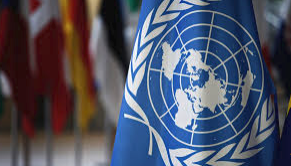
Oct 6, 2023 | Cases, Uncategorized
The International Commission of Jurists (ICJ), together with the AIRE Centre (Advice on Individual Rights in Europe), the Dutch Council for Refugees and the European Council on Refugees and Exiles (ECRE) submitted today a third party intervention in the Communicated case No. 193/2022, before the UN Committee on the Rights of the Child.
The case concerns immigration detention of an 11-year-old girl from Afghanistan together with her older sister and parents, pending transfer to another EU Member State according to the EU Dublin Regulation.
The interveners focus in their submission on the prohibition of immigration detention of children, including when accompanied by family members, the right to be heard, access to information and legal representation and age assessment in the migration context.
The full intervention can be read here.
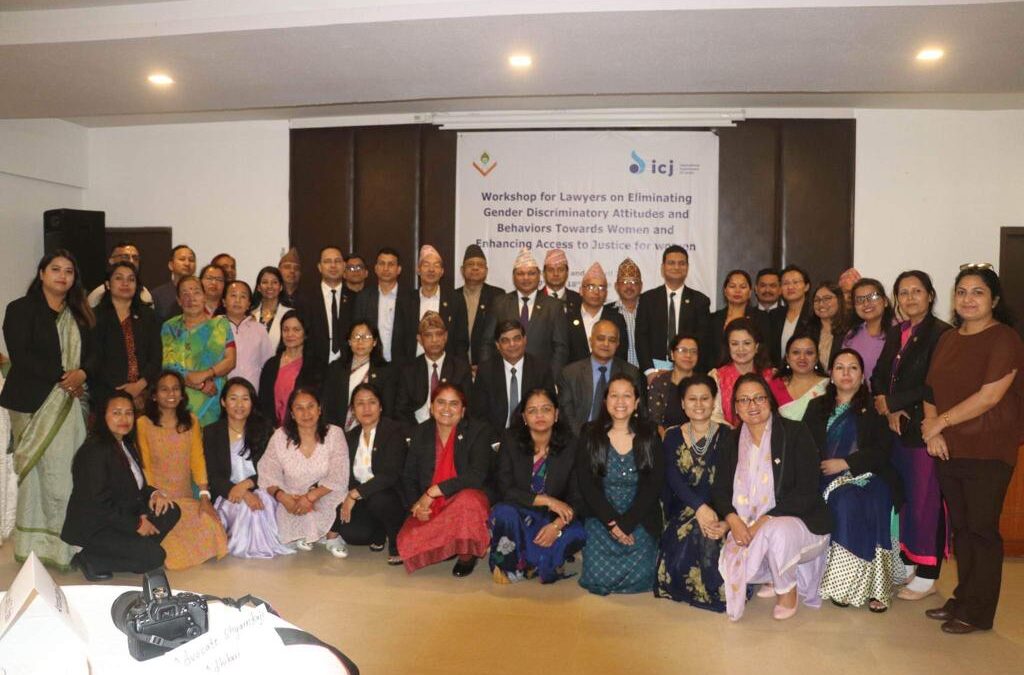
Apr 5, 2023 | News, Uncategorized
Practicing lawyers in Nepal identified harmful gender stereotypes and gender discriminatory behaviours towards women as a major barrier preventing women from accessing justice. They requested that the Nepal Bar Association take the lead in efforts to enhance women’s access to justice.
ICJ co-hosted a workshop for lawyers with the Nepal Bar Association on the Elimination of Gender Discriminatory Attitudes and Behaviors Towards Women and Enhancing Access to Justice for Women on 31 March-1 April 2023.
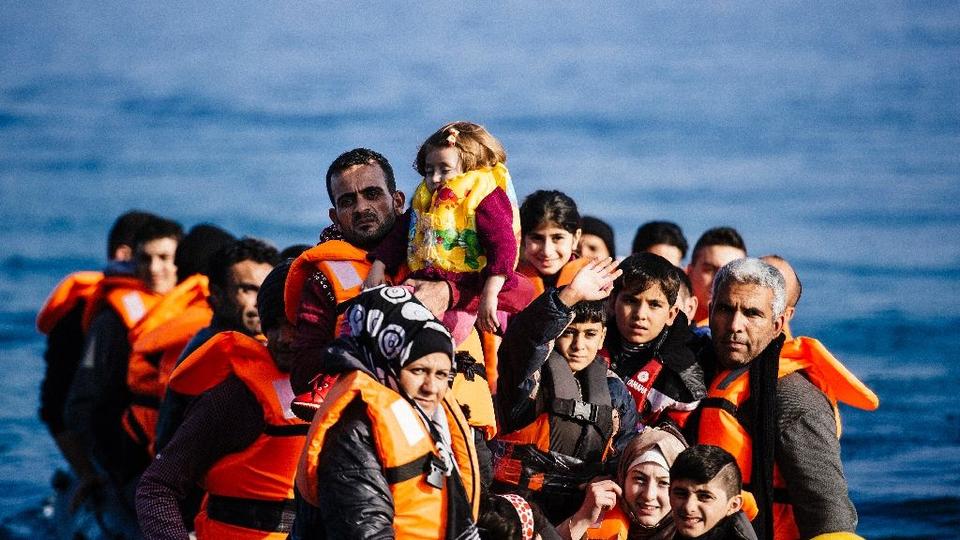
Jan 10, 2023 | Advocacy, Uncategorized
Ahead of the continuation of the misdemeanour trial of Seán Binder and Sarah Mardini and 22 others, that is set to start today, the ICJ calls on the Greek authorities to support rather than criminally prosecute people who provide humanitarian assistance to migrants and refugees. The humanitarian volunteers should be acquitted.
“The use of the criminal law to punish persons courageously performing life-saving humanitarian assistance for people on the move is deplorable,” said Karolína Babická, legal adviser at the International Commission of Jurists. “There are concerns that major procedural flaws in the proceedings stand to undermine the defendants’ rights to a fair trial.“

Dec 16, 2022 | Agendas, Events, Uncategorized
On 23-24 January, the ICJ will hold two events in Brussels on the impact of immigration detention on children and on alternatives to detention for migrant children.
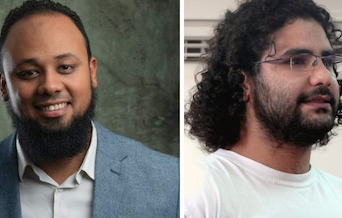
Sep 30, 2022 | Uncategorized
The ICJ, as part of a global coalition, has called on Egyptian authorities to immediately drop all charges, close all cases involving them, and promptly release Mohamed el-Baqer and Alaa Abdel Fattah.
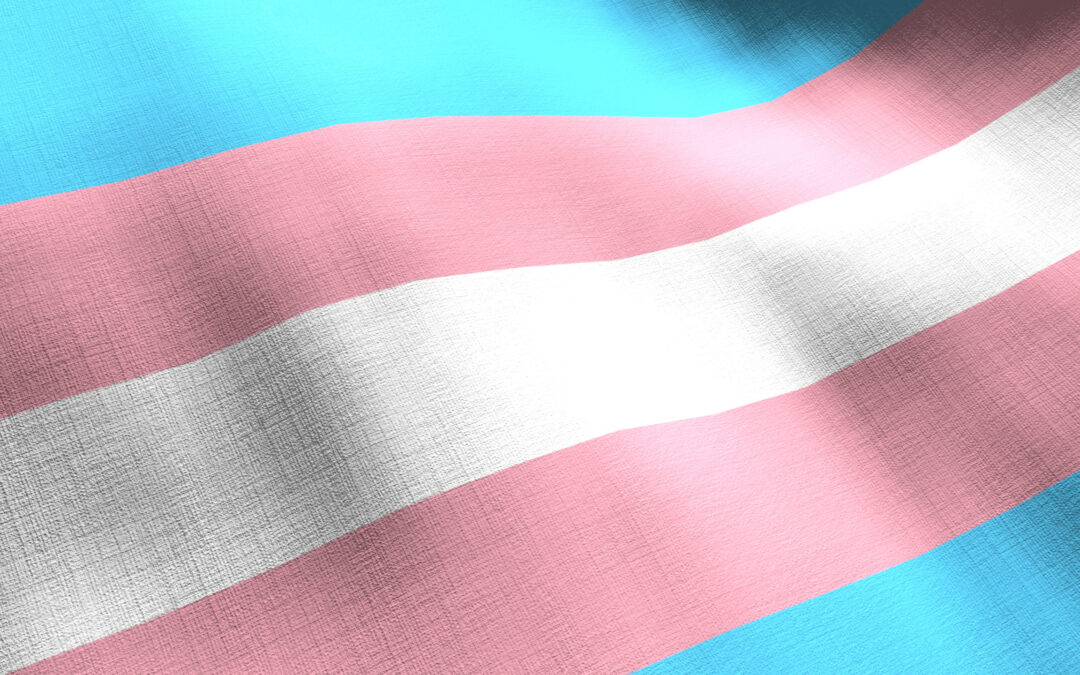
Mar 31, 2022 | Uncategorized
The Pakistani authorities should urgently investigate a series of violent attacks against transgender women in the Khyber Pakhtunkhwa province, and bring perpetrators to justice, the International Commission of Jurists (ICJ), Have Only Positive Expectations (HOPE) and the Sathi Foundation said today on the International Transgender Day of Visibility.










